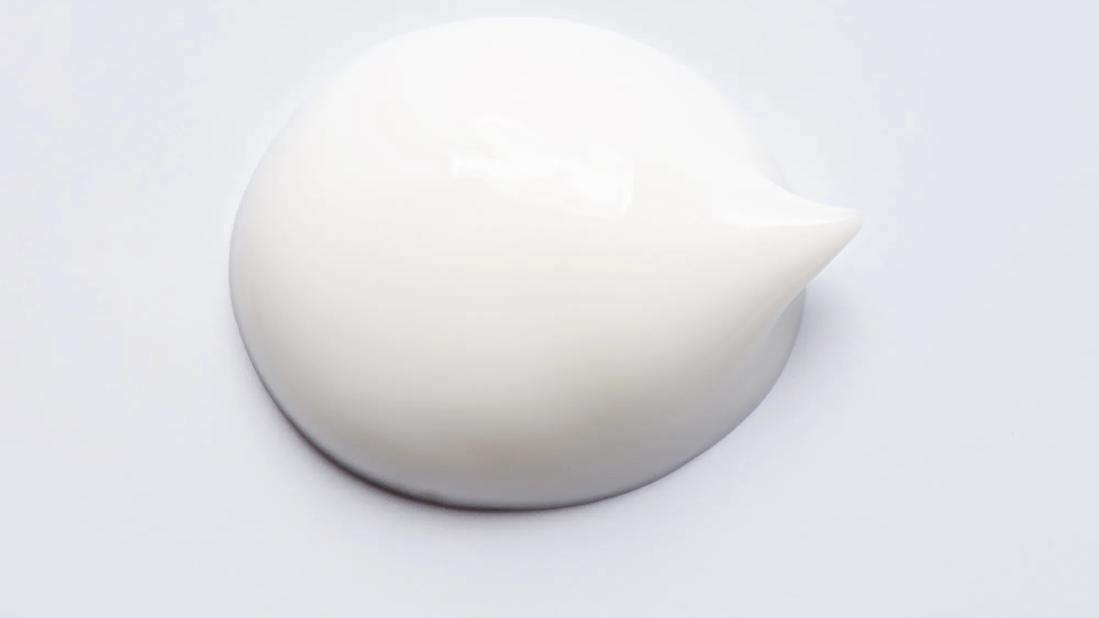What Are Ceramides?
This important skin care ingredient helps protect your skin and keep it moisturized

When it comes to all of the terminology related to your skin, it can be hard to know what’s what. But the next time you’re browsing the moisturizer aisle, keep in mind that ceramides are one ingredient worth keeping an eye out for.
Dermatologist Amy Kassouf, MD, explains what ceramides are, why they’re so important for your skin and what to look for when you’re buying a moisturizer that includes them.
What are ceramides?
Ceramides (pronounced “sair-uh-mydes”) are fats or lipids that make up about 50% of your epidermis, which is the outer layer of your skin.
“Natural ceramides are those found in the skin of humans and other animals,” explains Dr. Kassouf. “Synthetic ceramides are human-made and commonly used in skin care products.”
As you age, your skin can’t replenish its natural ceramides as quickly as it did when you were younger. That’s why synthetic ceramides are added to moisturizers, serums and other products — to give your skin the boost it needs.
Types of ceramides
There are 12 types of ceramides, but these are the three most common ones typically found in over-the-counter serums, moisturizers, lotions, toners and creams:
- Ceramide 1, or ceramide EOS
- Ceramide 3, or ceramide NP
- Ceramide 6-II, or ceramide AP
When it comes to ceramides for skin health, many products advertise front and center that they feature ceramides. You can also check ingredient labels.
Ceramide benefits
So, what do ceramides do for skin? Here’s how they can help.
Replenishes your skin barrier
Your skin barrier is your top layer of skin, made up of dead cells, proteins, fats and lipids, including natural ceramides.
“Ceramides are part fatty acid and part amino acid and are able to be the grout that keeps the building blocks of the skin together and functioning as a barrier between the inside and outside world,” explains Dr. Kassouf. “Using skin care products with added ceramides can restore optimal levels of these lipids.”
Locks in moisture
Keeping your skin moisturized is important for everyone, but it becomes especially critical as you age. With time, your skin becomes thinner and less elastic, which causes it to lose moisture more easily than in your younger years.
But ceramides help lock in moisture to keep your skin soft and plump.
“Aging and certain skin conditions, like eczema, involve decreased ceramide levels, which can result in dehydrated or itchy skin,” shares Dr. Kassouf. “Products with ceramides help keep your skin healthy and hydrated.”
Helps protect your skin
Think about your skin barrier as a suit of armor, blocking bad stuff from getting through to the delicate living organism underneath. And ceramides are one of the knights in shining armor that do the hard work of keeping it safe.
“They help keep out harmful elements, like toxins and allergens,” says Dr. Kassouf. “The stronger and more intact your skin barrier is, the harder it is for these elements to penetrate, helping to keep your skin healthy.”
How to use ceramides in skin care
To maximize your skin health, pair this lipid with other good-for-you ingredients in your skin care products. They work well with:
- Emollients, which form a film on your skin and help relieve dryness and itchiness
- Humectants, which draw in moisture by attracting and binding water to your skin
- Occlusives, which lock in moisture and hydration but don’t dissolve in water
But what does that mean for you, exactly? To help figure it all out, Dr. Kassouf shares some specific ingredients that work well with ceramides. Look for:
- Dimethicone
- Colloidal oatmeal
- Glycerin
- Hyaluronic acid
- Shea butter
One final word of wisdom for using products with ceramides in them: “Moisturizing products are best absorbed onto damp skin,” clarifies Dr. Kassouf. “Aim to apply your moisturizer within three minutes of showering or washing your face.”